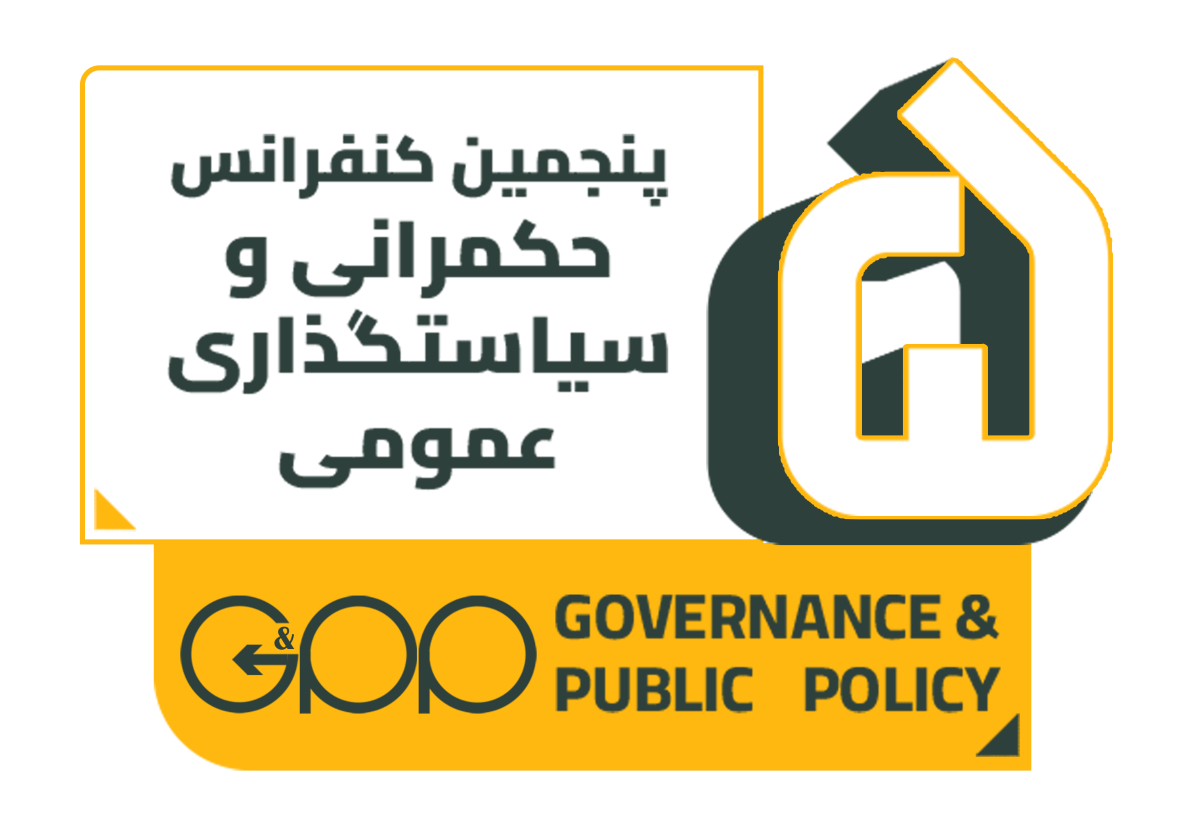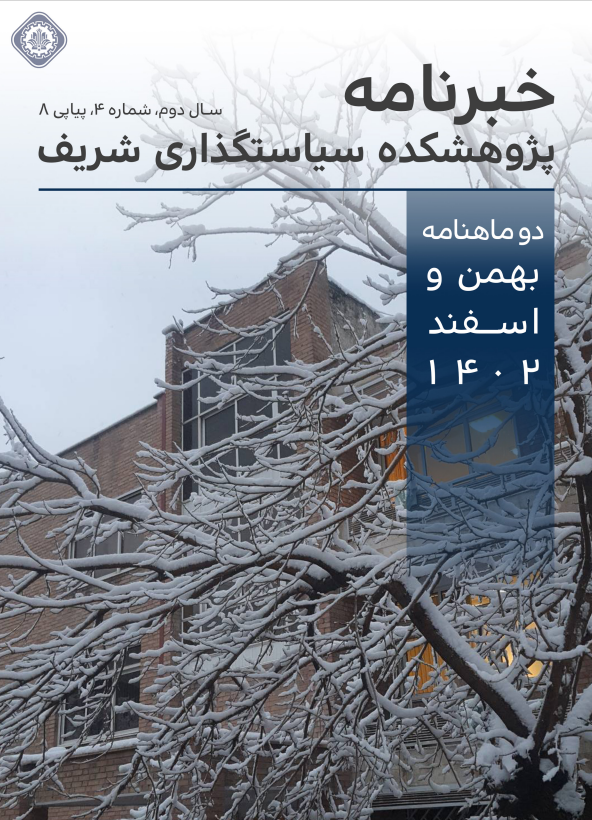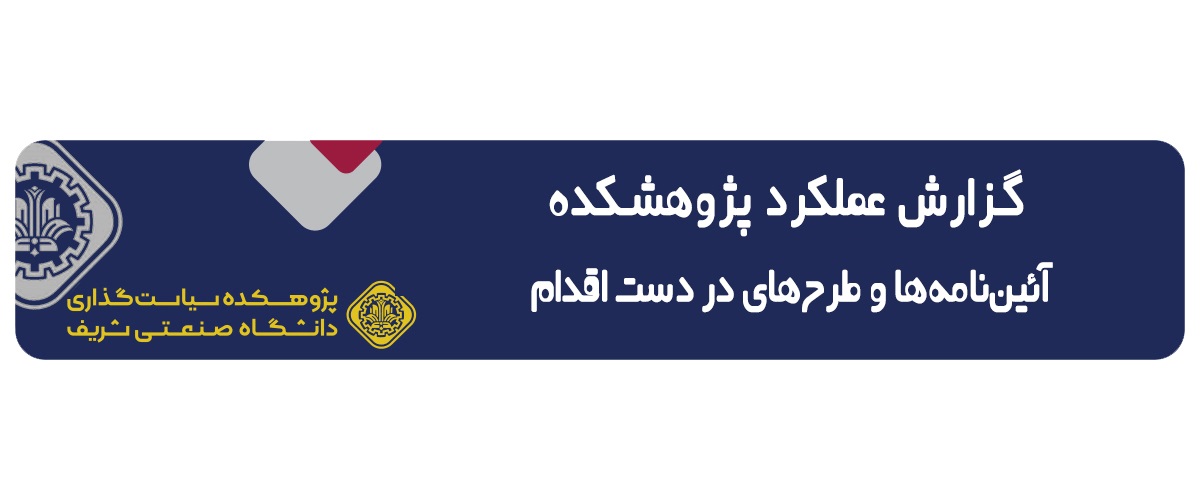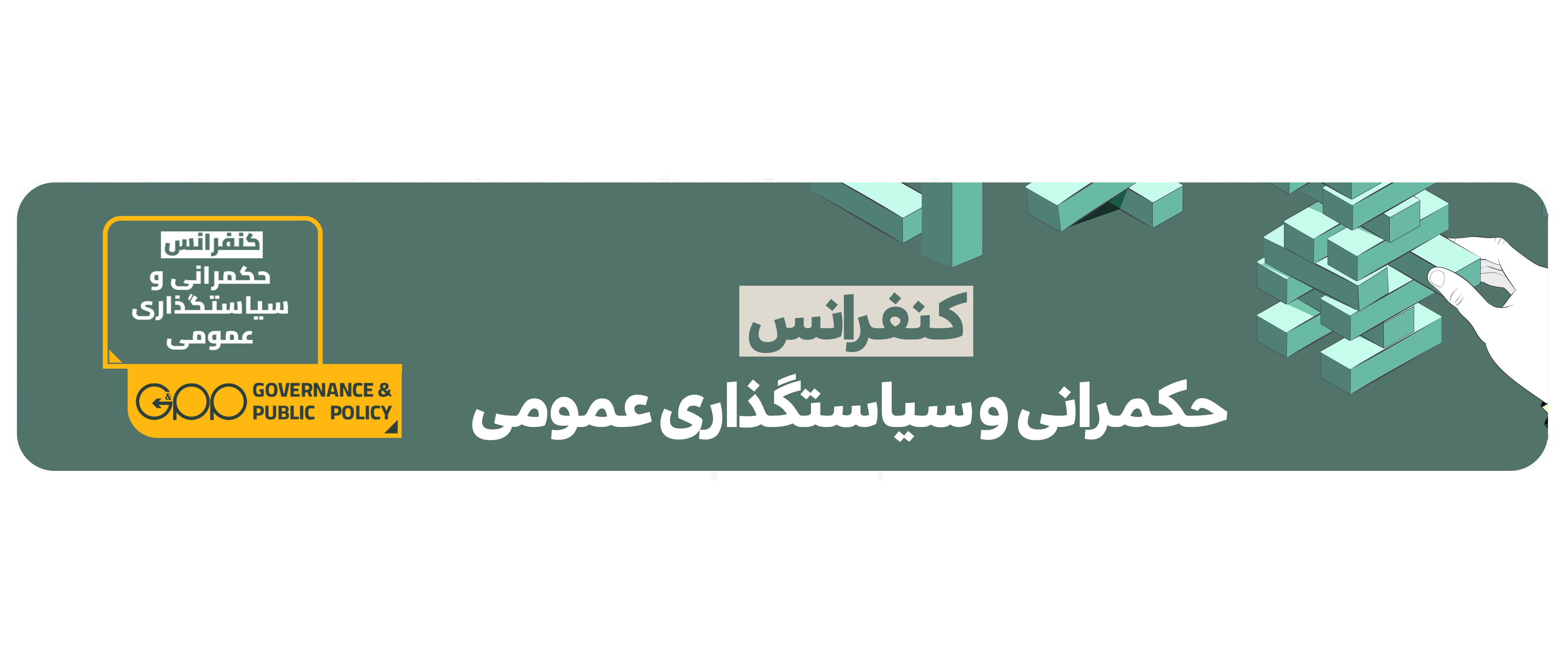Abstract
Abstract
Public emergencies are focal events that present possibilities for policy changes. This study aims to explain policy insights on policy change in Iran through analyzing how the Iranian government's policy toward the long-awaited e-authentication finally changed in the wake of the outbreak of COVID-19. Due to the policy context of Iran, it uses the Multiple Stream Model, in which three streams were identified: problem, policy, and political dynamics. The paper contends that while the second stream existed prior to the pandemic, the first one had not yet been appropriately recognized by the government. Furthermore, it identifies the political stream as the third missing link for policy change. With the spread of coronavirus, these three streams converged, thus opening a window of opportunity for enacting this policy change. Two main reasons behind the emergence of this opening are identified: first, arising a new complex problem (COVID-19) that necessitated new initiatives, and second, growing public anxiety about the pandemic. Iran's desperate circumstances, which included an already severely depressed economy as the result of sanctions, were further exacerbated through the socio-economic repercussions of the pandemic. Furthermore, the growing demand from prospective traders to register for the stock exchange during the lockdown prompted officials to make a realistic decision. As a result, barriers to e-authentication were overcome and policy change happened. The paper highlights the security perspective as a necessary condition for policy change in Iran. Finally, it discusses the likelihood of permanency of the change.


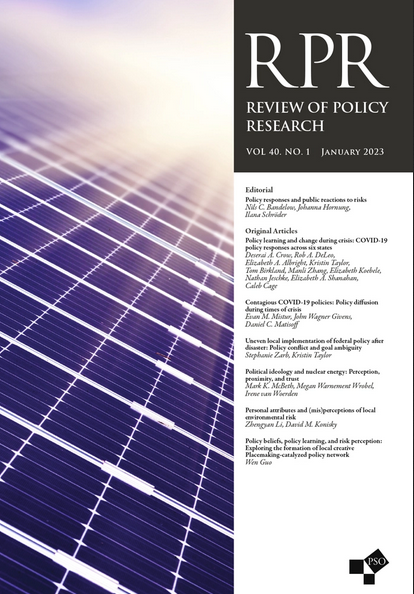
 حسین شیرازی
حسین شیرازی علی ملکی
علی ملکی

